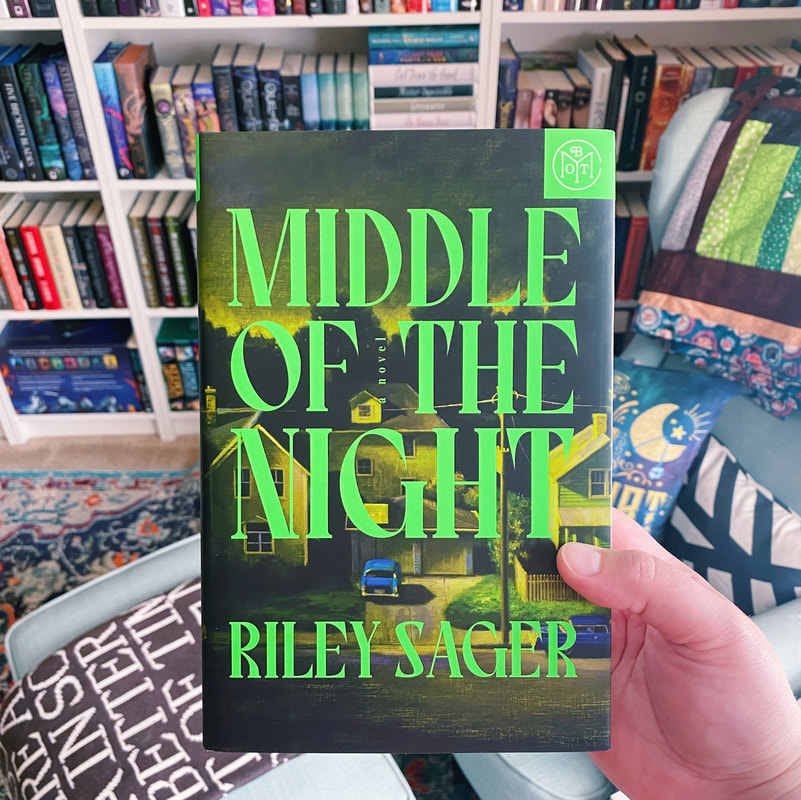The Middle of the Night: Exploring Its Mysteries and Meaning
Introduction
The middle of the night, often associated with darkness and stillness, is a time that evokes a range of emotions and experiences. For some, it is a time of deep sleep; for others, it can be a moment of reflection, creativity, or even anxiety. This article delves into the significance of the middle of the night, exploring its impact on our thoughts, feelings, and daily lives.
The Quietude of Night
- Solitude and Reflection: The middle of the night offers a unique opportunity for solitude. With the world around us quiet, many people find this time ideal for introspection. Thoughts that might be drowned out during the day come to the forefront, allowing for deeper self-reflection.
- Creativity and Inspiration: Many artists, writers, and thinkers have found inspiration during the night. The stillness can foster creativity, leading to breakthroughs and new ideas. Famous figures like Vincent van Gogh and Franz Kafka often worked late into the night, harnessing the energy of the dark hours.
- Connection to the Subconscious: The middle of the night often blurs the line between consciousness and subconsciousness. Dreams and late-night thoughts can reveal hidden fears, desires, and insights, providing a deeper understanding of oneself.
The Challenges of Nighttime
- Insomnia and Anxiety: For some, the middle of the night brings restlessness and anxiety. Racing thoughts and worries can disrupt sleep, leading to a cycle of insomnia that affects overall well-being. Understanding these patterns can help individuals develop healthier nighttime routines.
- Nighttime Fears: The darkness of night can amplify fears and anxieties. Many people experience heightened emotions during this time, from feelings of loneliness to existential dread. Recognizing and addressing these fears can lead to healthier coping mechanisms.
- Impact on Health: Disruptions in sleep patterns, especially those caused by late-night activities or anxiety, can negatively impact physical and mental health. Prioritizing good sleep hygiene is crucial for maintaining balance and well-being.
Embracing the Middle of the Night
- Mindfulness Practices: Engaging in mindfulness or meditation during the night can transform restless hours into moments of peace. Techniques such as deep breathing or visualization can help calm the mind and promote relaxation.
- Journaling: Keeping a journal by the bedside can be a powerful tool for processing thoughts and emotions that arise during the night. Writing can serve as an outlet for creativity and a means of exploring feelings.
- Cultivating a Nighttime Routine: Establishing a calming nighttime routine can enhance the experience of the middle of the night. This could include reading, gentle stretching, or listening to soothing music, creating a sanctuary for relaxation.
Conclusion
The middle of the night holds a unique place in our lives, offering both challenges and opportunities. It can be a time of reflection, creativity, and inspiration, but it can also bring anxiety and restlessness. By embracing the quietude of the night and cultivating practices that promote peace and clarity, we can unlock the potential of these dark hours. Understanding and valuing the middle of the night can enrich our emotional landscape and enhance our overall well-being.
